Home » Treatments » Heroin Detox
Heroin Detox
- Cheree Ashley
- Medically Reviewed
Heroin Detoxification Program
Heroin is an illegal drug that is highly addictive and very potent. It is an opioid that is sold on the streets. Many people who begin using heroin do so after being prescribed legal opioid painkillers by a doctor for a legitimate medical reason. By the time their prescriptions run out, they are hooked on the medication, and when they can’t get it, they turn to the cheaper, stronger, and more easily accessible opioid – heroin. Once they have made the switch to heroin, most users don’t ever go back to prescription painkillers.
Heroin has a high potential for abuse and addiction. Some users feel intense cravings for the drug, even after using it only once. Users tend to develop a tolerance to heroin fairly quickly. That means that they have to continue to use more and more of the drug to achieve the same “high.” Developing a tolerance to a drug is one sign of addiction. Another indicator is having withdrawal symptoms when the use of the drug is interrupted or stopped. Getting through the difficult withdrawal symptoms of heroin is one of the reasons that many users return to the drug when they’ve tried to stop. Most need professional help to detox from heroin and get started with their recovery.
What Is Heroin Abuse and Detoxification?
Heroin has a long history that began in the 1880s when it was first synthesized. It is made from poppy plants and is potent and highly addictive. Heroin is smoked, snorted, or injected directly into the veins. It is extremely dangerous for several reasons. First, it is illegal to make, buy, sell, or use the powerful narcotic, so using it can lead to arrest and ongoing legal trouble. Secondly, heroin has a high risk of overdose, including death. Lastly, because heroin is illegal, it is not regulated. That means that users can never really know if there are other hazardous substances cut into the heroin.
The Effects of Heroin Abuse on The Body
Using heroin can cause noticeable effects that may be very obvious to those around the user. The effects increase in severity as someone’s use increases. Some of the most common effects of heroin use are:
- Slurred speech or trouble talking
- Euphoric feelings
- Mood swings
- Weight loss
- Constricted pupils
- Itching
- Depression and anxiety
- Anger, irritability, or aggression
- Disorientation or confusion
- Paranoia
- General apathy
- Sleeping more
- Nodding off
- Hallucinations
- Paying less attention to personal hygiene
- Respiratory issues including shortness of breath
Some of the more severe effects of heroin use are:
- Collapsed veins
- Skin infections or abscesses (at injection sites)
- Kidney or liver disease
- Contracting infections like Hepatitis B or C, HIV, or others
- Respiratory infections like pneumonia
- Blood clots, pulmonary embolism, heart attack, or stroke
- Seizure
- Septicemia
- Overdose
- Coma
- Death
Besides the physical and emotional symptoms, most heroin users also experience relationship problems and financial or legal issues as a result of their drug use.
What Are the Symptoms of Heroin Detox?
Heroin is a drug that is very fast-acting with a short half-life, which means that it gets into the system quickly, works nearly immediately, and then leaves the body quickly. The fast-acting nature of heroin often causes users to want to use more of the drug more frequently. When heroin is suddenly stopped, those who are dependent on the drug will begin to have withdrawal symptoms. Typically, symptoms will start within one to two hours after the last use.
Withdrawal symptoms for heroin range from mild, flu-like symptoms to severe symptoms that need medical supervision. They can last just a few days but can last for up to a month. There are usually three stages of heroin withdrawal, acute, post-acute, and protracted abstinence.
Acute Withdrawal
Acute withdrawal usually lasts for one to two days but can last longer, depending on the person. Symptoms include:
- Insomnia
- Agitation and irritability
- Excessive sweating
- Restlessness
- Muscle and body aches
- Anxiety
- Runny nose and tearing eyes
- Restless leg syndrome
- Extreme cravings
- Lethargy
- Excessive yawning
Post-acute Withdrawal
The next stage of heroin withdrawal is more intense and typically starts after one or two days. Symptoms include:
- Dilated pupils
- Increased heart rate
- Abdominal cramps
- Nausea, diarrhea, and vomiting
- Goosebumps
- Elevated blood pressure
While post-acute withdrawal symptoms are very uncomfortable and even painful, they usually start to improve around the third day. For most people, acute and post-acute symptoms are mostly gone after about a week.
Protracted Abstinence
Once the acute phases of heroin withdrawal have subsided, emotional and mental symptoms often come to the forefront and persist for much longer, even weeks or months. These symptoms commonly include insomnia, depression, fatigue, anxiety, and irritability. Some people experience panic attacks during this time.
How Long Will It Take to Detox from Heroin?
While detoxing from heroin addiction is often unpleasant, it isn’t life-threatening. Symptoms of withdrawal usually start within an hour or two of the last use, and most people experience sweating, muscle and body aches, restlessness, and stomach problems in that time. The worst symptoms tend to peak around the second or third day of detox and then subside at about a week. The emotional and psychological symptoms will hang on for much longer.
The length of time that someone experiences withdrawal symptoms depends on a number of things, including how long heroin use was, the amount and frequency used, how the heroin was used (snort, inject, smoke), and the person’s overall medical health.
How to Recognize if Heroin Detox May Be Right for You
How do you determine if a heroin detox program might be right for you? If any of the following apply to you, you should seriously consider detox followed by drug and alcohol treatment:
- Having work or school problems or chronic absenteeism
- Having problems with money, legal issues, or other problems related to heroin use
- Lying to friends or family about the extent of your drug use
- Craving heroin
- Needing to use heroin to feel normal
- Isolating from sober friends and loved ones
- Experiencing severe mood swings
- Losing interest in your personal appearance
- Stopping activities that you previously found enjoyable
- Failing to be able to stop using heroin when you’ve tried
What Are the Different Types of Detox?
Just as there are dozens of substances that are abused, there are also detox programs to help addicts rid their bodies of the drugs. Detoxing is the first step of recovery, and it’s an important one to complete under medical supervision.
In addition to heroin addiction, detox is available for many substances, including:
- Alcohol
- Barbiturate
- Cocaine
- Crystal Meth
- Fentanyl
- Hydromorphone
- Lortab
- Morphine
- Norco
- Oxycodone
- Percocet
- Tramadol
- Vicodin
Getting Help and Heroin Detox
Addiction to heroin is troubling for everyone involved. The user suffers physically, mentally, and spiritually, while the user’s family and friends suffer emotionally. Heroin addiction is a chronic, progressive disease that is hard to manage because it actually changes the way the brains of users work. This makes it extremely difficult to stop using without professional intervention.
However, there is hope for anyone addicted to heroin. Recovery is possible with the proper treatment. Detoxing the body of the drug is the first step on the road to recovery. When detox is followed up by inpatient or outpatient drug rehab, users have the best chances of attaining long-lasting sobriety and recovery.







